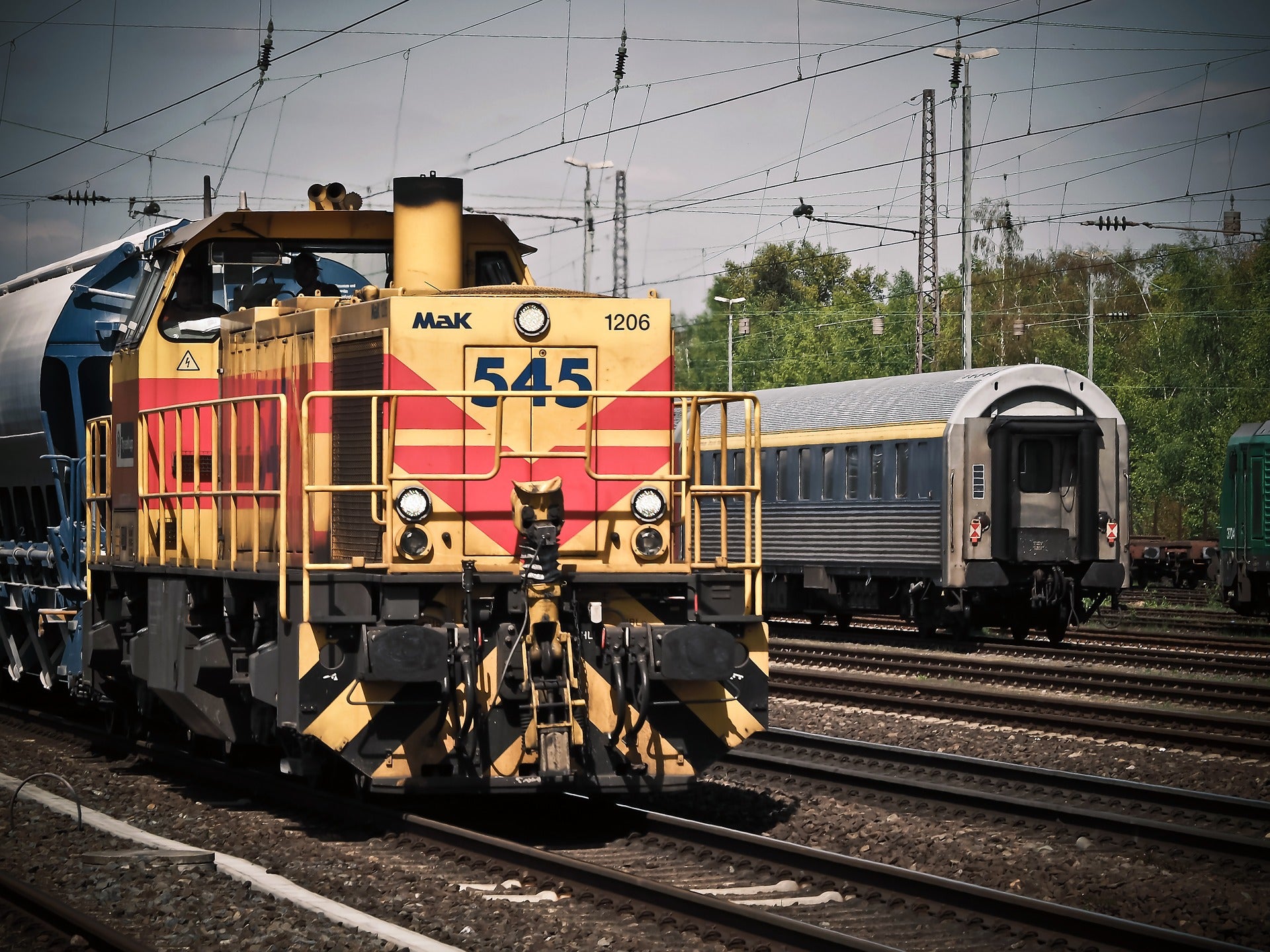
Toyota Motor Europe has secured a contract to supply fuel cell modules for a train project as a member of the Fuel Cell Hybrid Power Pack for Rail Applications (FCH2RAIL) consortium.
The consortium partners, including Belgium, Germany, Spain and Portugal, are developing and testing a new zero-emission train prototype.
Toyota Motor will be responsible for the supply and integration of fuel cell modules into the prototype as part of the FCH2RAIL project.
The core part of the FCH2RAIL project features a hybrid, bi-modal drive system that combines the electrical power supply from the overhead line with a fuel cell hybrid power pack, which consists of hydrogen fuel cells and batteries that work independently to the overhead line.
German Aerospace Center – Institute of Vehicle Concepts (DLR) project leader and researcher Holger Dittus said: “We want to show that this type of bi-mode train is a competitive and environmentally friendly alternative to the diesel train.”
The prototype will take power from overhead lines where they are present. Otherwise, power will be drawn from the ‘Fuel Cell Hybrid Power Pack’.
How well do you really know your competitors?
Access the most comprehensive Company Profiles on the market, powered by GlobalData. Save hours of research. Gain competitive edge.

Thank you!
Your download email will arrive shortly
Not ready to buy yet? Download a free sample
We are confident about the unique quality of our Company Profiles. However, we want you to make the most beneficial decision for your business, so we offer a free sample that you can download by submitting the below form
By GlobalDataAccording to Construcciones y Auxiliar de Ferrocarriles (CAF), most of the railway lines are being equipped with overhead lines in Europe, which is an expensive and long-term project that depends on local geographical conditions.
An alternative to this is to use purely battery-powered trains but they have a limited range from 30km to 70km of operation, depending on the route profile and ambient temperature
CAF technical leader Sergio Gascon said: “Our bi-modal hybrid fuel cell battery system combines the advantages of both technologies: Energy coming from the overhead lines or from on board. This lets us make rail transport even more sustainable and energy-efficient.”


